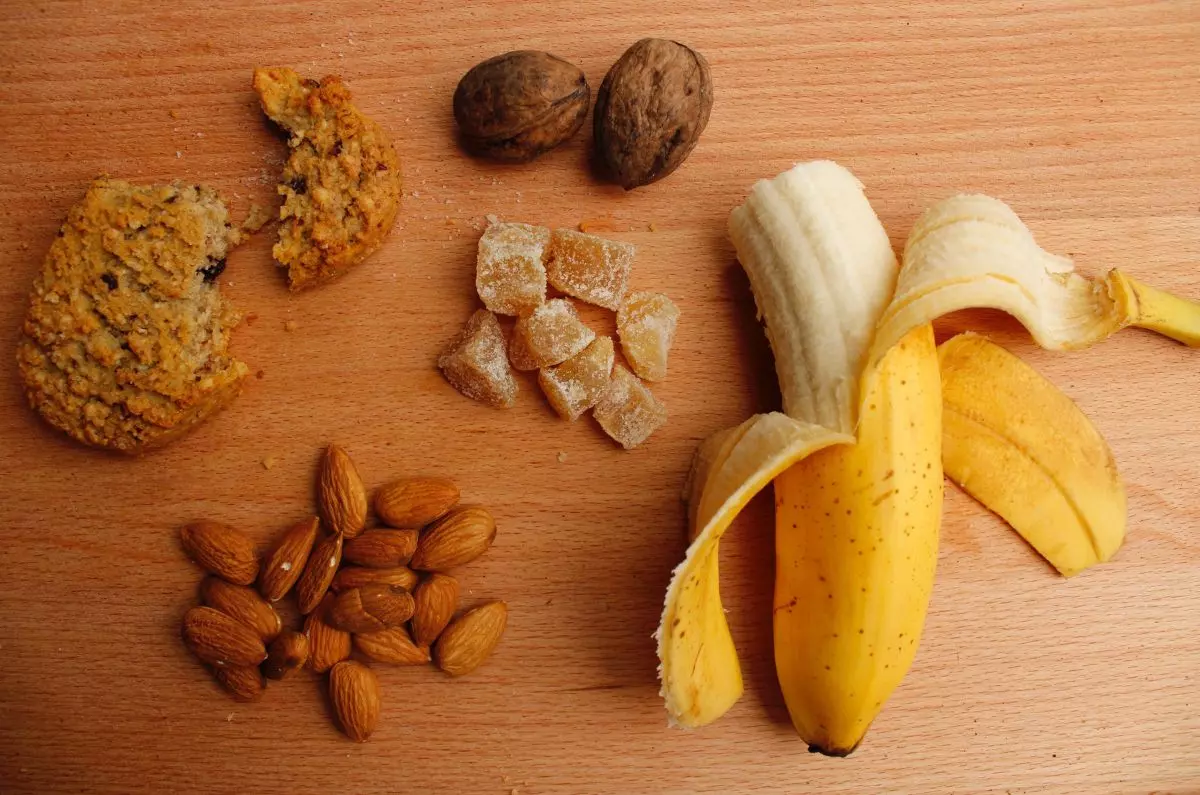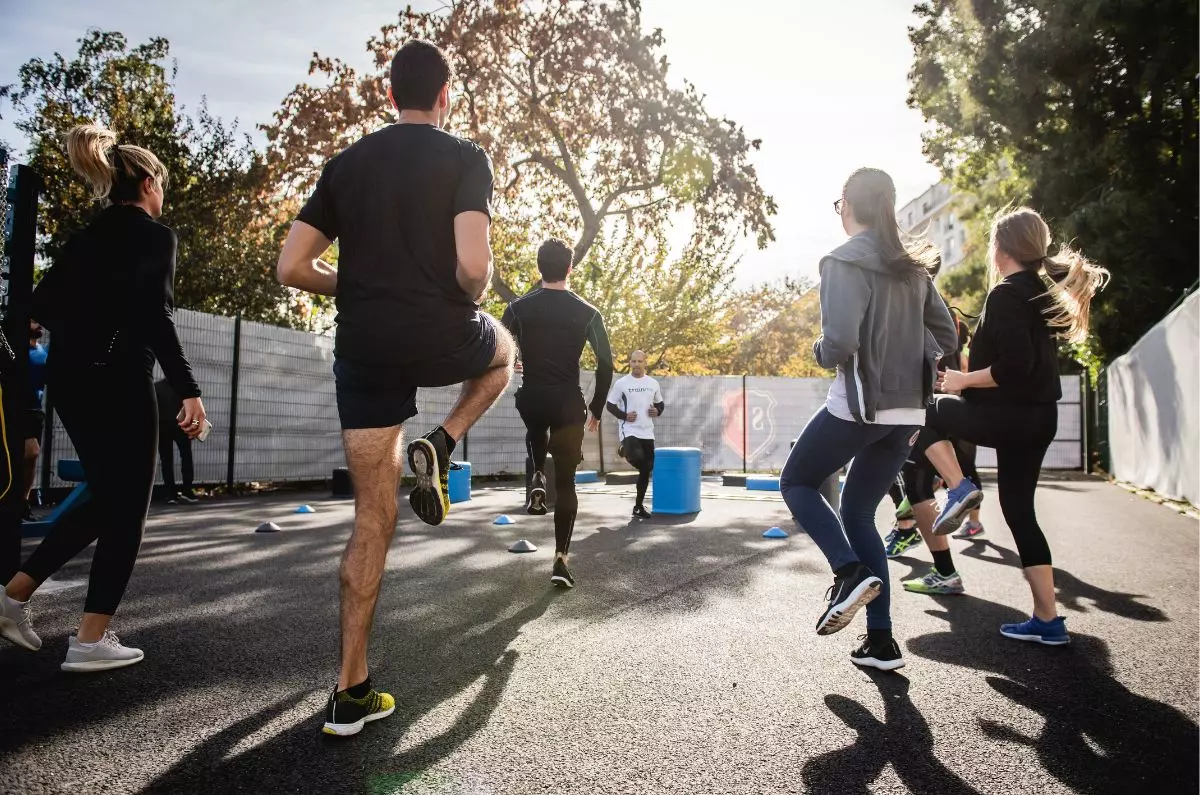The utilization of different nutrients as a source of energy during physical activity depends basically on the type of muscular work, its duration and intensity, the level of training and the presence of some diseases that affect the choice of fuel.
Although fats provide more energy per gram than carbohydrates, their oxidation requires more oxygen. For this reason, carbohydrates are the fuel of choice in high-intensity sports.
Proteins, on the other hand, are minimally utilized by a healthy and well-nourished organism (less than 5 to 10% of the total energy consumed). Proteins are not metabolized in substantial quantities during muscular contraction, unless the person has fasted severely or the body’s carbohydrate reserves have been maintained at low levels.
However, under these conditions of carbohydrate depletion, the exercise intensity that can be maintained is significantly lower and fatigue ensues.
Energy in the form of stored carbohydrates is stored in the muscle (79% of the total) or in the liver (14% of the total), in the form of glycogen, or in the blood (7% of the total), in the form of glucose.
If carbohydrates were the only fuel metabolized during moderate-intensity exercise, it would be depleted within 2 hours.
Therefore, because of the body’s limited carbohydrate stores, and because carbohydrates appear to be the fuel of choice in high-intensity exercise, training and performance capabilities of the athlete are imperative.
The utilization of energy systems during exercise
The intensity of the activity is of particular importance in determining what fuel the body will use.
In intermittent sports performed at high intensities such as soccer and basketball, there is a greater utilization of glycogen (carbohydrates) and the ratio of fats to energy would be an average of 90% and 10%, respectively.
The level of training also has an influence, as higher level athletes develop a greater capacity to use fats as a source of energy than less trained individuals. More trained athletes will consume fewer carbohydrates and more fat for muscle contraction.
Finally, the athlete’s diet also determines the nutrient used during exercise. If he/she has consumed a diet rich in carbohydrates, he will have a greater reserve of glycogen.
In situations of fasting or lack of carbohydrates in the diet, proteins are more likely to be used as energy fuel.

The protein sources for this process come from the athlete’s own muscle tissue, which has a negative influence on the athlete.
The role of sucrose in physical activity
Because of the relationship between body carbohydrate stores and fitness to maintain an exercise intensity that supports training capacity, many studies have been conducted to determine the optimal type, amount and rates of carbohydrate feeding immediately before, during and after exercise.
Only a few studies have examined the influences of the type of carbohydrates consumed on muscle glycogen synthesis. The theory of the superiority of commonly referred to as complex carbohydrates for muscle glycogen synthesis was popularized through the results of Costill et al.
According to this study, subjects who depleted their muscle glycogen stores with exhaustive running consumed, for more than 48 hours, diets containing mainly simple or complex carbohydrates.
During the first 24 hours both diets resulted in a synthesis of equal amounts of reserve, while in the following 24 hours there was significantly more glycogen synthesis with the complex carbohydrate diet.

However, the results of this study were not reproduced by Roberts et al. who, with both simple and complex carbohydrates, obtained equivalent increases in muscle glycogen synthesis over three days.
Although most studies highlight the importance of carbohydrates as an energy source and their role in the increase of muscle glycogen, the type of carbohydrates they refer to is not usually differentiated.
Meals combined with glucose, sucrose or glucose polymers would be ideal for consumption before, during and after exercise.

